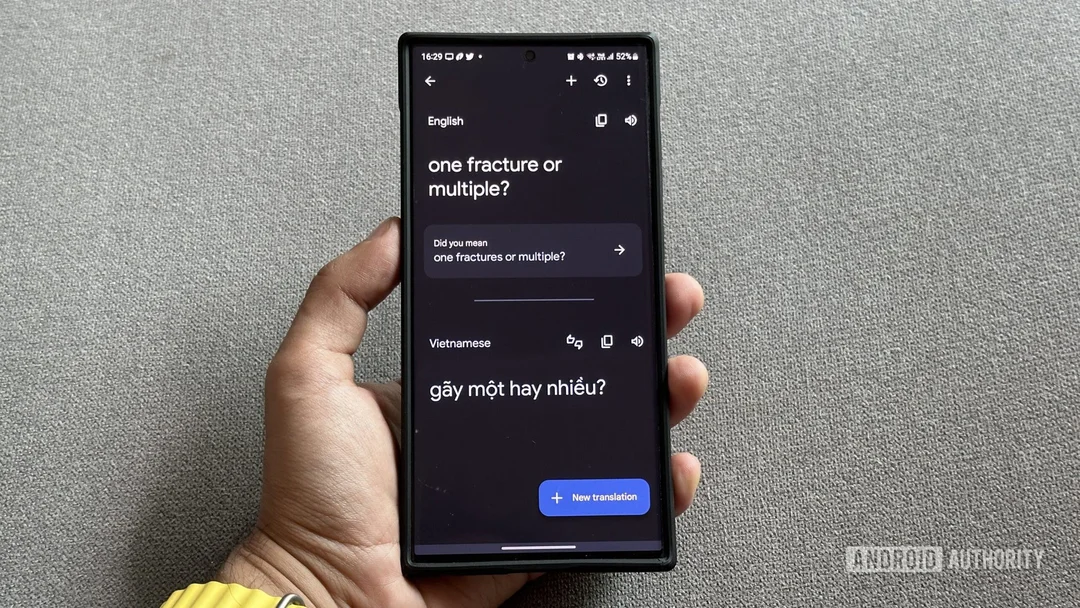
Google Aims to Disrupt Language Learning Market with AI-Powered Google Translate Updates
Google is making bold moves in the language learning space, potentially challenging the dominance of apps like Duolingo. The tech giant is rolling out new AI-powered features within Google Translate and Google Labs that aim to provide personalized and dynamic learning experiences. This marks a significant shift for Google, moving beyond simple translation and into the realm of language education, leveraging its vast resources and AI capabilities.
One of the most exciting developments is the "Practice" feature spotted in the latest Google Translate app. This upcoming mode promises personalized language activities generated with the help of Gemini AI. While the feature is still under development and not yet fully accessible to users, early glimpses suggest a gamified approach similar to Duolingo, offering activities to improve language proficiency. Users will need to sign in and grant microphone access, hinting at voice-based tasks and progress tracking.

In addition to the "Practice" mode, Google Labs is experimenting with three new AI tools designed to help users learn languages in a more contextual and engaging way:
- Tiny Lesson: This tool provides vocabulary and grammar tips tailored to specific situations. For example, you can describe a scenario like "finding a lost passport" and receive relevant phrases and responses.
- Slang Hang: Aimed at helping learners sound less formal, this experiment generates realistic conversations between native speakers, showcasing colloquial language and slang. However, Google cautions users to cross-reference the slang with reliable sources due to potential inaccuracies.
- Word Cam: This feature uses your camera to identify objects and label them in the language you are learning, expanding your vocabulary in a practical and visual manner.

These experiments support a wide range of languages, including Arabic, Chinese, English, French, German, and Spanish, among others. Google stated the intention is for language learning to be more dynamic and personalized.
With over 500 million users worldwide, Google Translate has the potential to significantly impact the language learning market. While matching the gamified and highly engaging experience of Duolingo will be a challenge, the convenience and existing user base of Google Translate could attract many new learners. The integration of AI promises a more tailored and effective learning experience, adapting to individual needs and learning styles.
Will Google's AI-powered language tools revolutionize the way we learn new languages? Only time will tell. But the upcoming features and experiments signal a bold new direction for Google, with the potential to disrupt the language learning landscape. What are your thoughts? Share your opinions and experiences in the comments below!